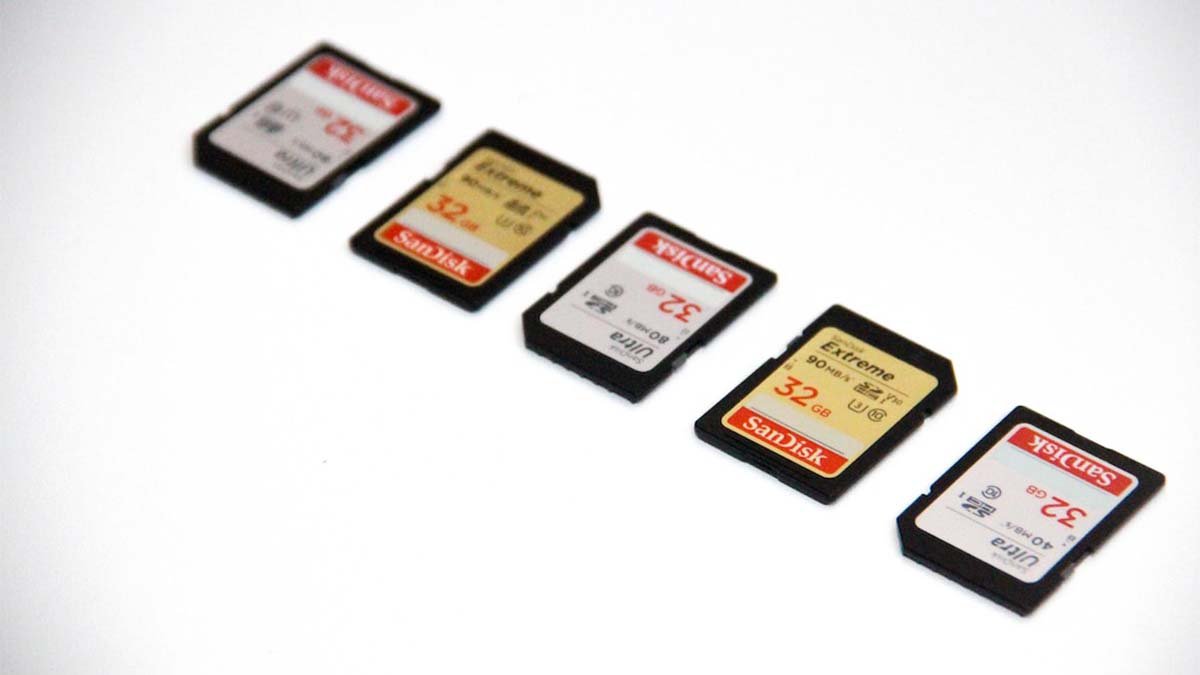Seamless data exchange has become the lifeblood of modern communication and collaboration. However, compatibility issues arising from diverse file formats can create barriers that impede productivity and hinder progress. Cross-format data transformation tools emerge as the solution to this quandary, offering a plethora of benefits that transcend traditional boundaries.
Enhanced Interoperability of File Converters for Seamless Collaboration
One of the primary benefits of cross-format data transformation lies in its ability to enhance interoperability. In today’s interconnected world, collaboration often spans across various platforms, devices, and applications. The lack of compatibility between file formats can be a significant roadblock to seamless collaboration.
Cross-format file converter tools serve as the bridge that connects different formats, allowing data to flow effortlessly between systems, irrespective of their native file types. This increased interoperability provided by any file type converter fosters efficient communication and facilitates smooth collaboration, empowering teams to work together seamlessly, regardless of their chosen tools or platforms.
Overcoming Format Limitations and Obsolescence
As technology progresses, certain file formats may become obsolete, leading to the loss of valuable data or limiting access to essential information. Cross-format file converters offer a future-proof approach to safeguarding information and overcoming format limitations.
By converting files into more contemporary and widely supported formats, users can ensure the long-term viability of their data. This proactive approach mitigates the risk of information loss due to format obsolescence, preserving information for years to come and future-proofing data against unforeseen technological shifts.
Enabling Multi-Platform Accessibility
In a world where data is accessed from a myriad of devices, cross-format data transformation enables multi-platform accessibility. Whether it’s a smartphone, tablet, desktop computer, or even emerging technologies like wearables or IoT devices, cross-format compatibility ensures that information remains accessible across a diverse range of platforms.
This level of accessibility empowers users to access critical information on-the-go, enhancing productivity and responsiveness, regardless of their physical location or choice of device.
Simplified Data Exchange and Sharing
Data exchange and sharing are fundamental aspects of modern communication. File format converters streamline these processes, eliminating the need for cumbersome manual conversions. Users can effortlessly share information in a format compatible with the recipient’s preferences, eliminating potential barriers and ensuring smooth communication. This simplification of data exchange fosters efficient workflows, ultimately saving time and effort for both individuals and organizations.
Seamless Integration with Diverse Applications
In today’s technology-driven landscape, users often rely on a wide array of specialized applications to perform specific tasks. However, the lack of compatibility between these applications can hinder productivity and lead to redundant efforts.
Cross-format file converter tools act as intermediaries, facilitating seamless integration between diverse applications. Users can convert data into formats supported by their preferred tools, enabling information to flow effortlessly between different applications. This integration enhances workflow efficiency and empowers users to leverage the strengths of multiple applications simultaneously.
Preserving Data Integrity During Migration
Data migration is a common occurrence as organizations grow and adapt to changing needs. Whether it’s transitioning to a new software system or consolidating information from various sources, data migration can be fraught with challenges related to format compatibility. Cross-format data transformation tools play a crucial role in preserving information integrity during migration. By converting data into formats compatible with the target environment, these tools ensure a smooth and secure migration process, minimizing the risk of information loss or corruption.
Empowering Innovation and Creativity
File type converter tools go beyond mere compatibility and facilitate innovation and creativity in various industries. Content creators, designers, and artists can unleash their creativity without being limited by the constraints of specific file formats. By seamlessly converting files between different formats, artists can experiment with diverse media and design tools, resulting in fresh and inspiring creations.
In the field of 3D modeling and design, cross-format data transformation tools play a crucial role in enabling collaboration among teams using different software applications. Designers can work with their preferred tools and seamlessly share their work with colleagues who use different software, fostering a collaborative environment that brings together diverse perspectives and talents.
In the realm of multimedia and entertainment, cross-format file converter tools empower filmmakers, animators, and game developers to bring their imaginative visions to life. Whether it’s converting audio files to the appropriate format for sound design or transforming video files into various resolutions for distribution, these tools enhance workflow efficiency and unleash the potential for innovative storytelling and immersive experiences.
Moreover, cross-format data transformation tools are driving advancements in fields like Artificial Intelligence (AI) and Machine Learning (ML). These technologies rely on vast amounts of data, often sourced from different formats and structures. By converting and integrating diverse data types, researchers and engineers can create more comprehensive and representative datasets, enhancing the accuracy and effectiveness of AI and ML models.
Enhancing Data Security and Privacy
File format converter tools contribute to data security and privacy by enabling encryption and redaction during the conversion process. Sensitive information can be protected through robust encryption protocols, ensuring that only authorized individuals can access and interpret the data. Additionally, redaction features allow users to remove or obscure confidential information from files before sharing them, safeguarding privacy and complying with data protection regulations.
Empowering Content Adaptation for Diverse Audiences
In today’s globalized world, catering to diverse audiences is essential for success. Cross-format data transformation empowers content creators to adapt their materials for different audiences with ease.
Whether it’s converting documents into multiple languages, transforming multimedia content into various formats, or optimizing content for specific devices, cross-format compatibility allows for flexible content adaptation, ensuring that the message reaches its intended recipients effectively.
Conclusion
Cross-format data transformation tools have emerged as a vital solution for overcoming compatibility issues and embracing a more interconnected digital experience. These tools empower users to navigate the complexities of the digital world with confidence. Embracing cross-format data transformation is not merely a convenience; it is a strategic advantage that enables individuals and organizations to thrive in an increasingly interconnected and data-driven world.


![Read more about the article What Is It & How Does It Work [AzureWave]](https://wuschools.com/wp-content/uploads/2021/09/What-Is-It-How-Does-It-Work-AzureWave-300x169.jpg)

